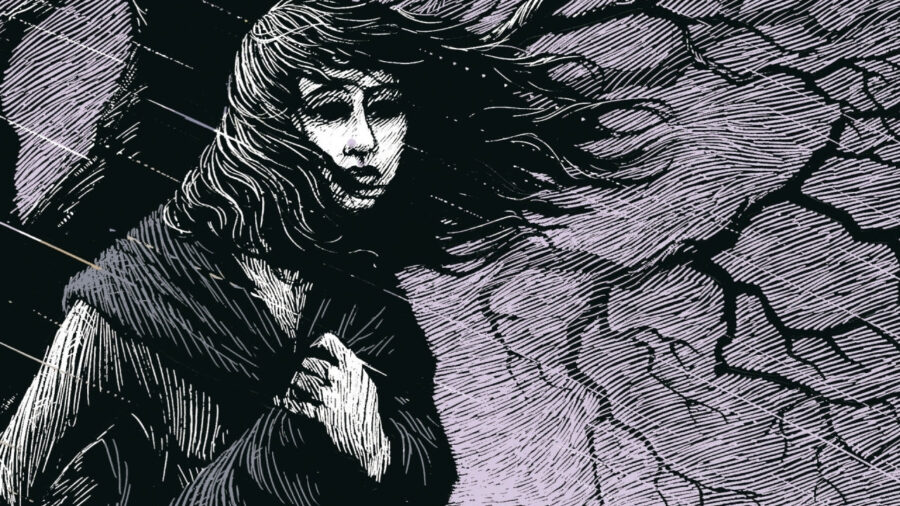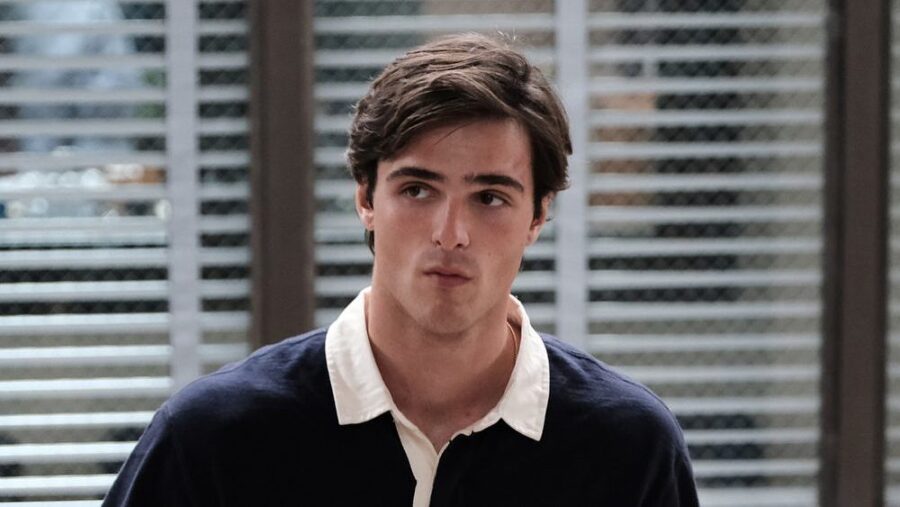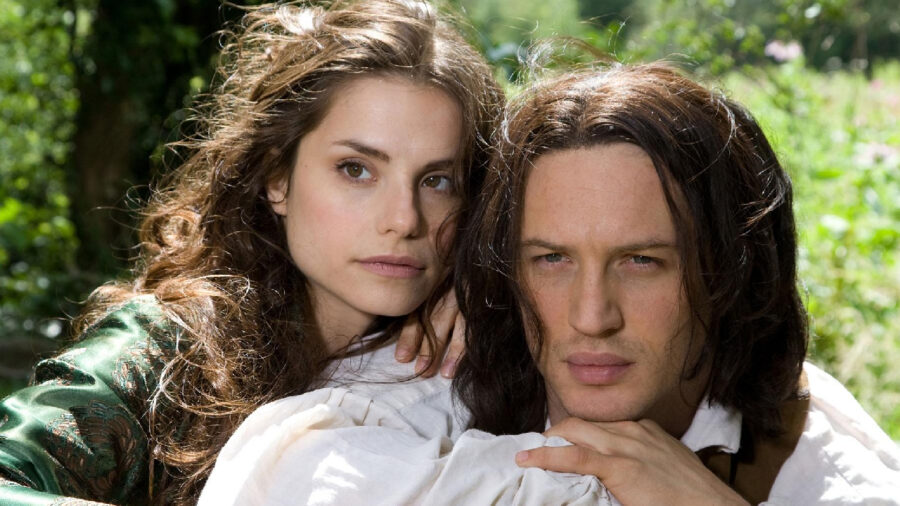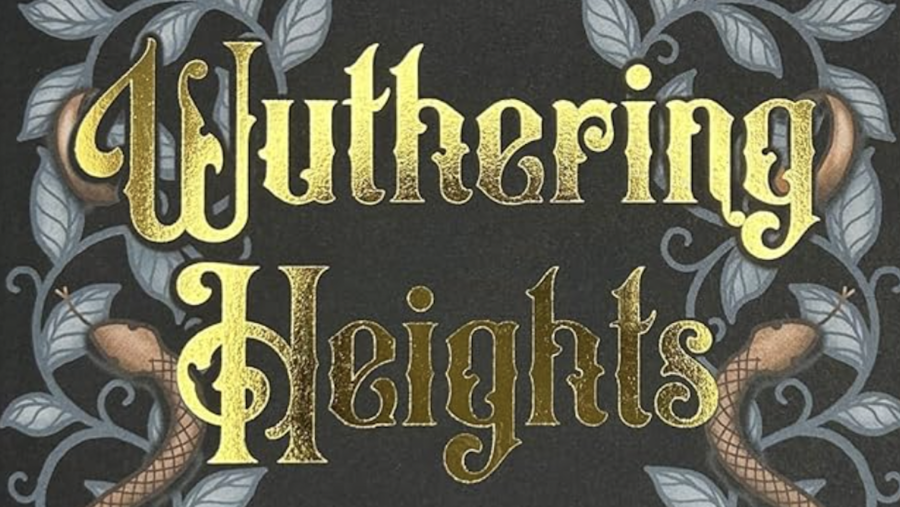Racial Controversy Surrounds Film Adaptation Of A Literary Classic

There is plenty of buzz right now for the upcoming Wuthering Heights film, and for good reason: the Emily Brontë novel has entertained readers for the better part of two centuries, and a film adaptation from Saltburn director Emerald Fennell (who will also write and produce) sounds like pure gold. However, the project is now facing some major racial controversy that stems from a recent casting choice. Jacob Elordi has been cast to play Heathcliff, a character described in the novel as “dark-skinned,” and the casting decision has angered audiences who wanted the role to go to an actor of color.
Backlash Over Jacob Elordi’s Casting

Part of what makes this racial controversy surrounding the Wuthering Heights film so contentious is that the book never pins down an exact ethnicity for Heathcliff, which is reason enough for some fans to say that the talented Elordi will be perfect in the role.
However, both superfans and scholars of the novel are quick to point out that Brontë described the character as a “dark-skinned gipsy,” one who was abandoned at a slave port when he was an infant. These facts certainly suggest a character with a very dark complexion, which has made many question the wisdom of casting Elordi in the role.
Tom Hardy Also Portrayed Heathcliff

Another reason that the two sides of this controversy keep fiercely slugging it out is that previous film adaptations of Wuthering Heights have had white actors play the role of Heathcliff. Back in 2009, for example, Venom actor Tom Hardy played this character in an ITV movie adaptation. Some would say that is a compelling reason not to complain about Jacob Elordi landing the role, but others think that modern filmmakers have an obligation to better center such adaptations in both literary and cultural history.
The Culture War

One such critic is Michael Stewart, director of the Brontë Writing Centre. According to him, “With Wuthering Heights, you’ve had many years of white actors playing the more ambiguous ethnic character… But things are different now, the way we represent certain people in art and culture comes with a responsibility now that wasn’t there 20 years ago.”
These and other comments have effectively drafted the upcoming film into the endless culture war as audiences and critics debate the ethics of having a character of color portrayed by a very white man.
Purposely Left Up To The Imagination?

Incidentally, the editor-in-chief for the Brontë Society’s journal, Dr. Claire O’Callaghan, has a slightly different take on the Wuthering Heights controversy. “I guess the danger of this – of casting a white actor – particularly in the cultural climate, is that it overlooks the ambiguity that’s there.”
In other words, Brontë most likely kept Heathcliff’s exact racial details ambiguous because it added depth to his relationship with just about everyone in this very white world, and a casting choice that removes all ambiguity arguably undercuts much of the intended drama.
Will The Movie Find Any Success?

Only time will tell if this Wuthering Heights unintended drama has any legs or if the discourse about race and racism will end as soon as something juicier hits the news cycle. Certainly, the controversy is already dampening the buzz around Emerald Fennell’s Saltburn, one which made full use of Barry Keoghan’s extensive range (which is more than we can say about his brief performance as the Joker, Batman’s famous nemesis).
If the controversy doesn’t fade, then Wuthering Heights may go from being the book you didn’t read back in high school to the movie you won’t watch as an adult.
Source: Deadline












